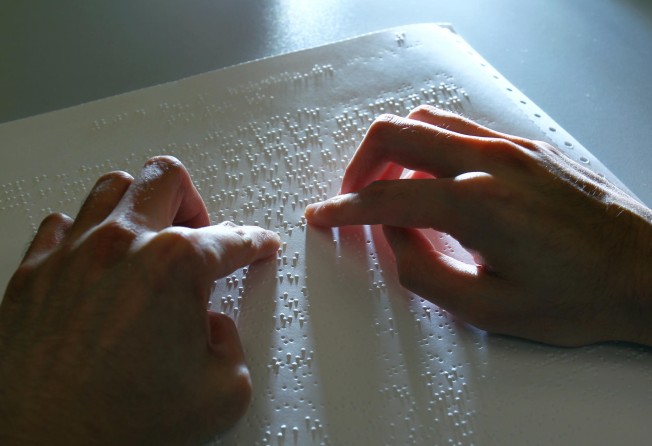Visually impaired university students facing problems of acceptance and support, says survey
Visually impaired students face additional obstacles in some universities because of an unwillingness to accept them in class or provide suitable teaching materials, a survey has found.

Visually impaired students face additional obstacles in some universities because of an unwillingness to accept them in class or provide suitable teaching materials, a survey has found.
The Hong Kong Blind Union, a self-help group for the visually impaired, also said in its survey that an inflexible examination system was hampering visually impaired students' chances in society.
Print option is available for subscribers only.
SUBSCRIBE NOW